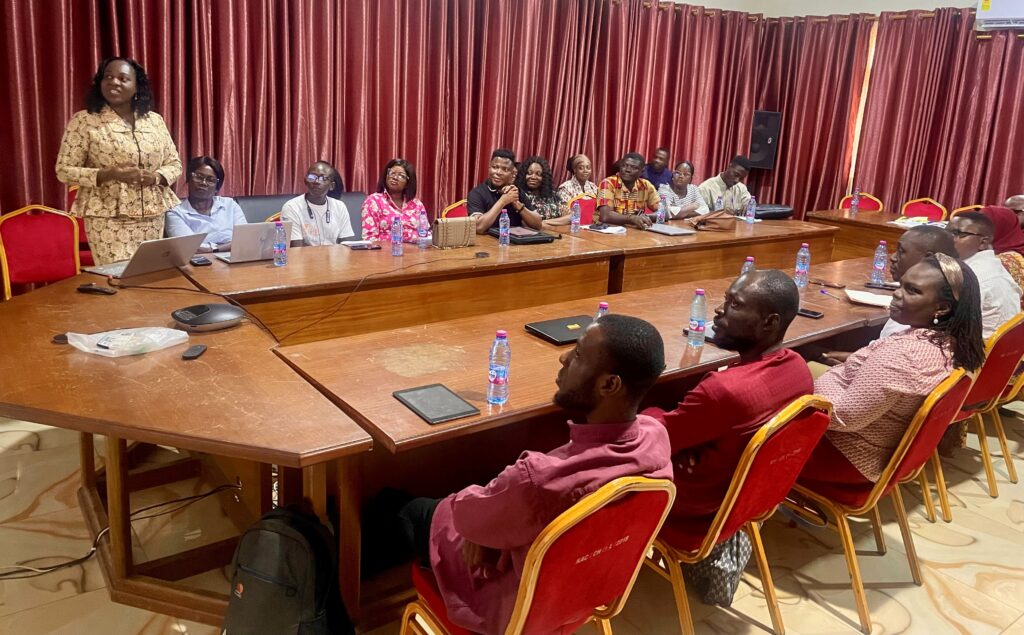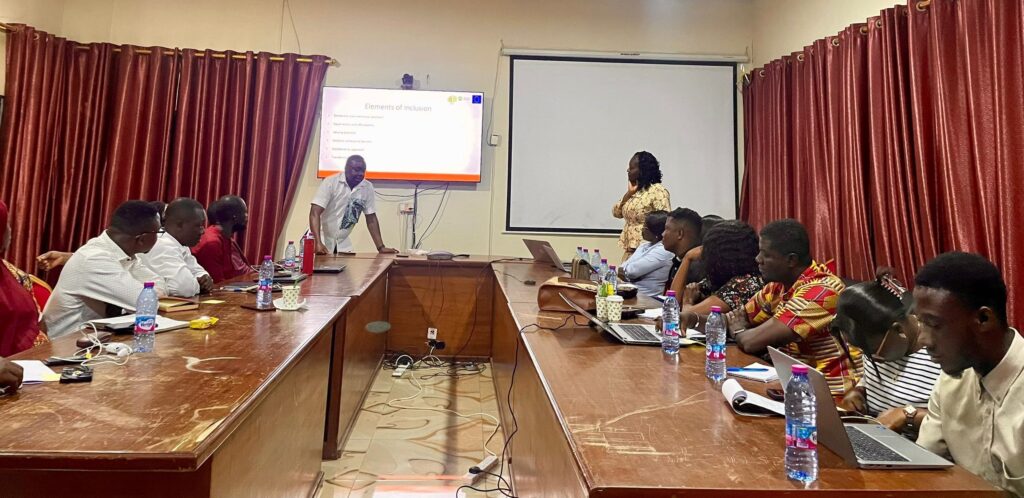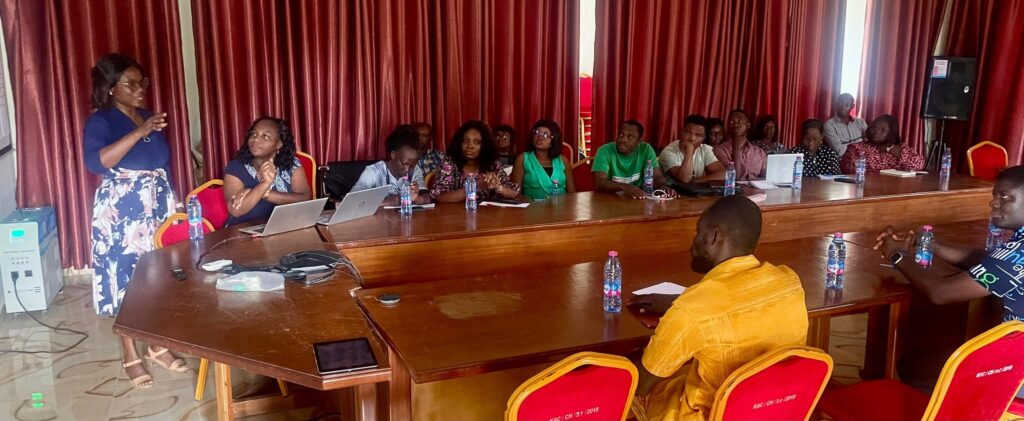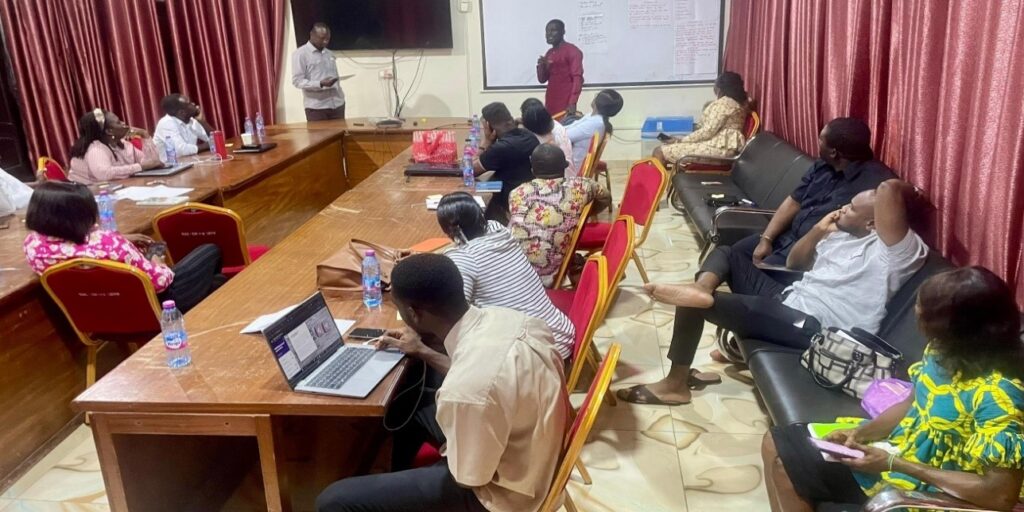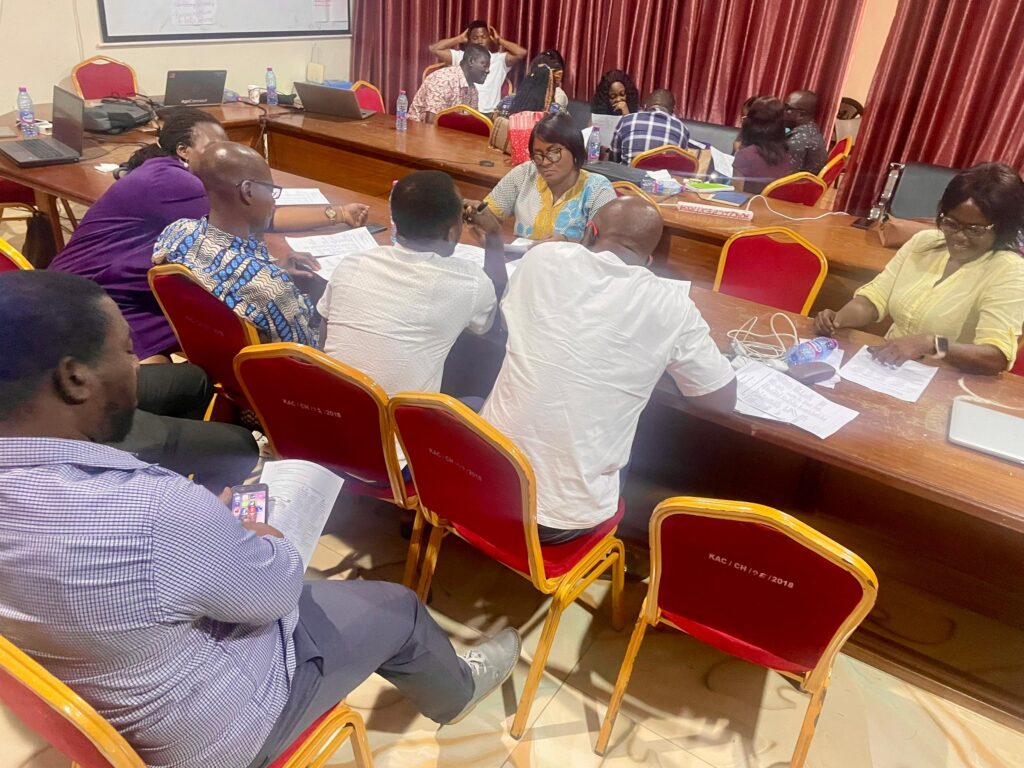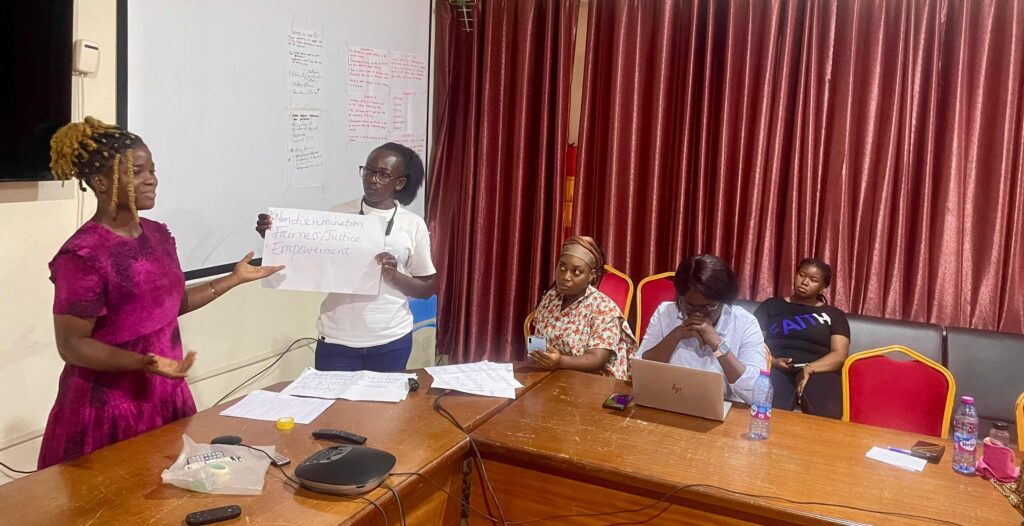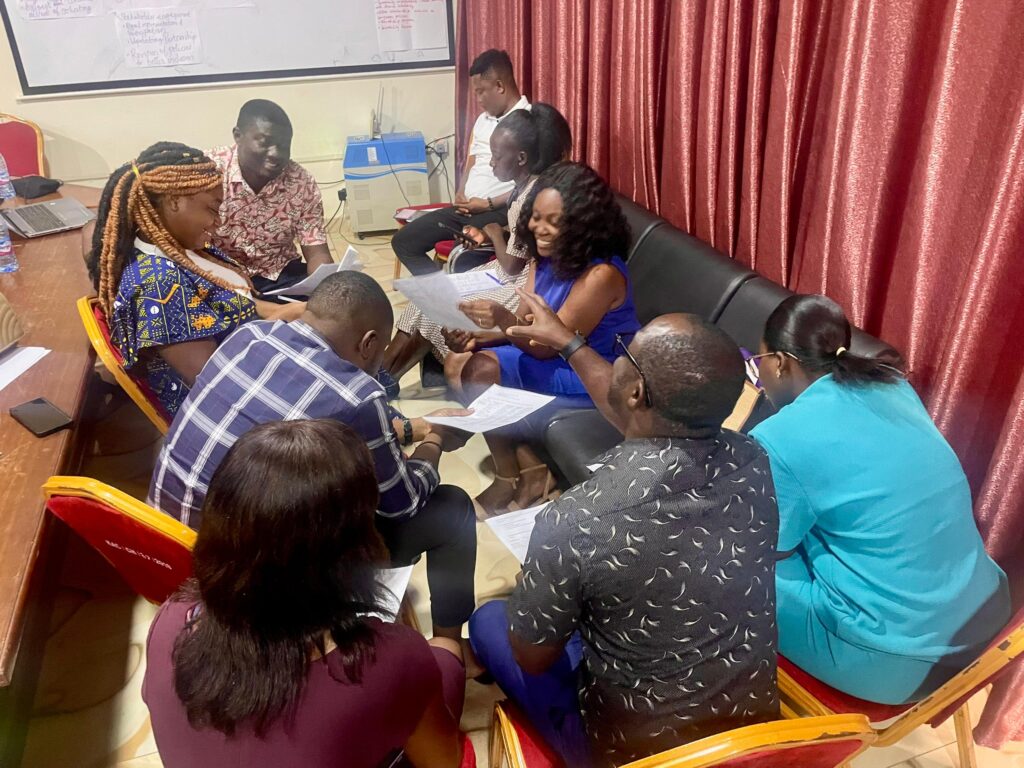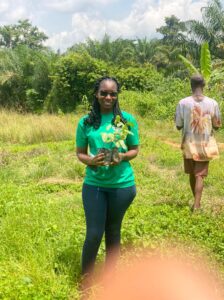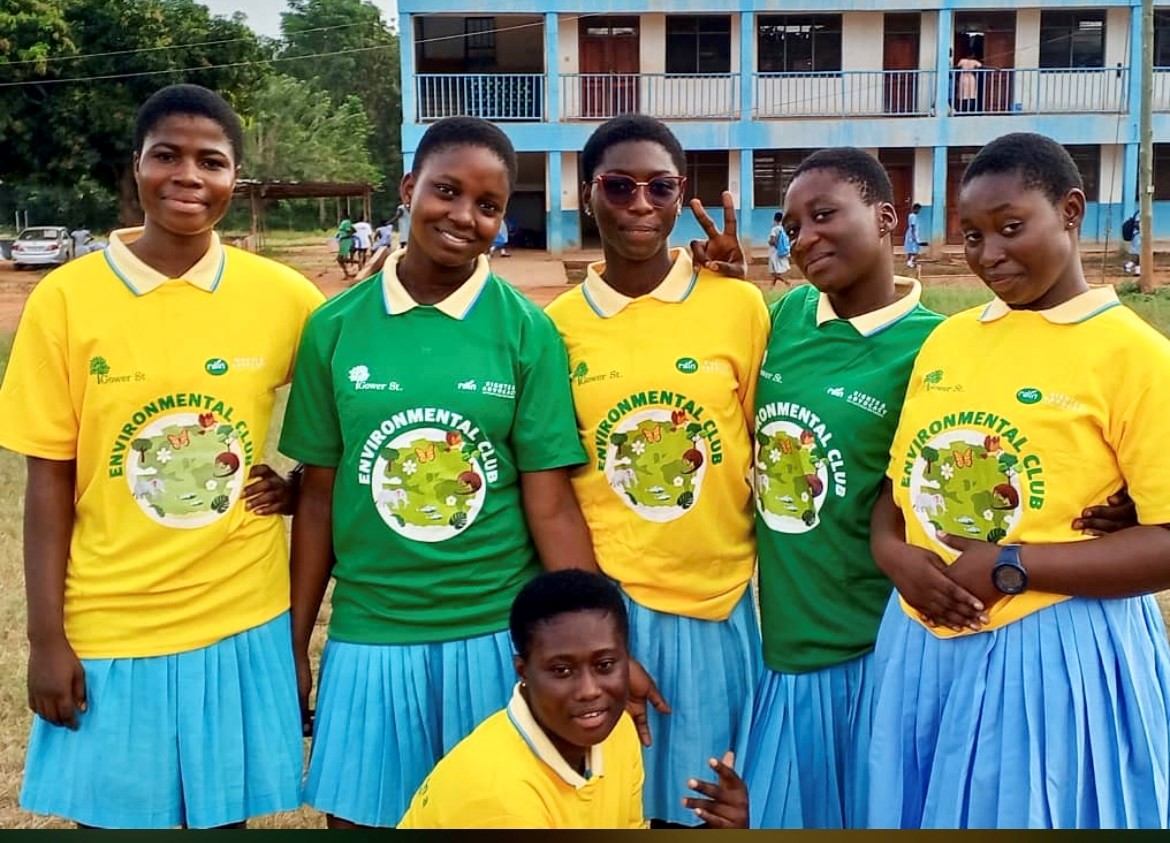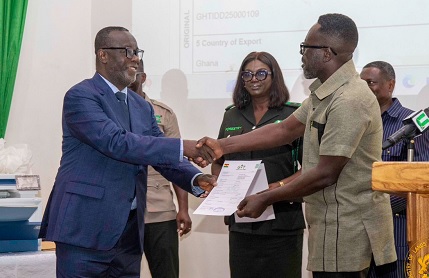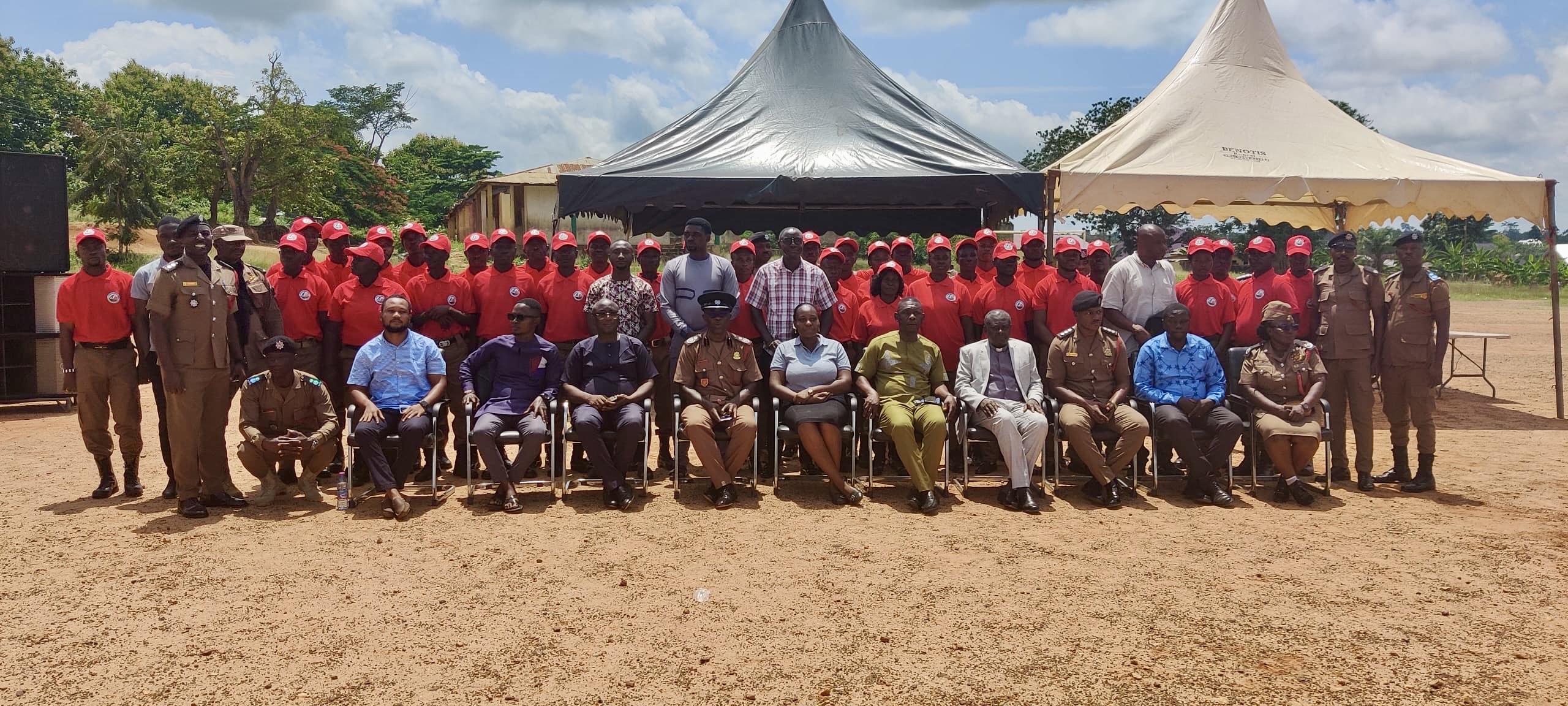Rights and Advocacy Initiatives Network (RAIN) successfully facilitated a training session on “Advancing Inclusion and Diversity in Technical and Vocational Education and Training (TVET)” as part of the EU Erasmus+ program, “The VET Ecosystems for Employability in Ghana (CB-VET)” for teachers and relevant stakeholders from kwadaso Agric College (KAC), Adidome Farm Institute (ADFI), Ministry of food and Agriculture (MOFA) and Crop and Soil Research Institute (CSIR).
The training session forms part of a Training of Trainers (ToT) workshop on “Review of existing VET modules, selection occupations for post-production, innovative pedagogies and teaching which methods which were co-facilitated by Bunash Enterprise & Farms and American Farm Institute respectively at the Kwadaso Agricultural College, Kumasi.
The project being funded by European Union brings together a consortium of seven (7) partners. Kwadaso Agricultural College; CINOP Global; Kwame Nkrumah University of Science and Technology, Kumasi; American Farm School; Maastricht School of Management; Bunash Enterprise and Farms and Rights and Advocacy Initiatives Network (RAIN).
Facilitators Doreen Asumang-Yeboah and Dr. Betty Adjei guided participants through reflective sessions, real-life stories, and group activities exploring what inclusion truly means. They emphasized that inclusion is more than access—it is about intentional empowerment, representation, and systemic change.
From analyzing marginalized groups across institutions to identifying the gaps in policy and infrastructure, participants examined issues such as:
- Gender biases in subject choices and roles in fieldwork
- Exclusion based on language, ability, socio-economic status, and pregnancy
- The need for hybrid learning models, mentorship, and safeguarding protocols
Institutional group exercises produced powerful insights into practical strategies for reform, including the provision of:
- Tailored learning materials (e.g., braille, sign language support)
- Inclusive infrastructure (e.g., gender-friendly washrooms, nurseries)
- Policy standardization for internships and industry collaboration
- Recognition of marginalized learners’ prior experiences through RPL (Recognition of prior learning) schemes
Participants shared deeply personal stories—from experiences of exclusion at global conferences to the emotional toll of gender-based assumptions in education. One participant described how training insights helped him resolve real-life bias at a mechanic’s shop—demonstrating the workshop’s practical, transformative value.
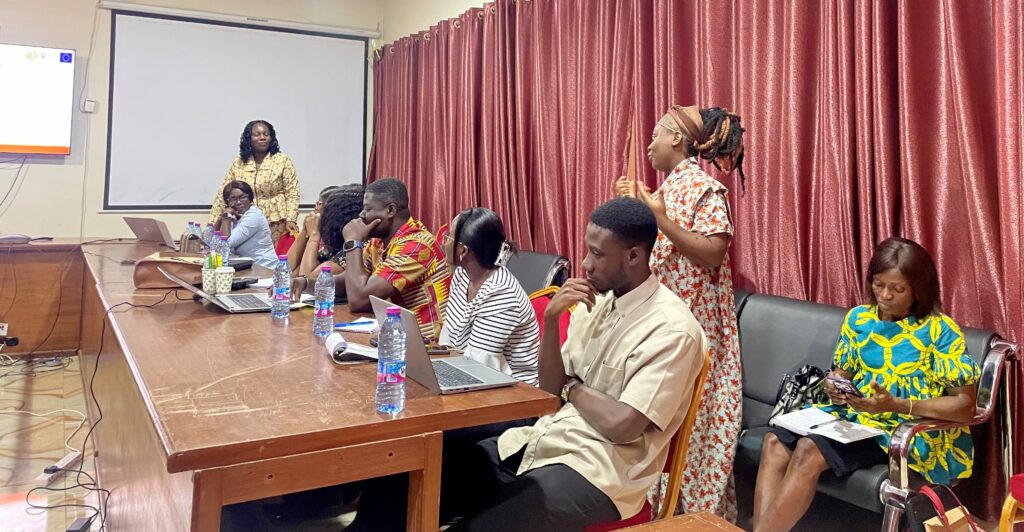
Key Takeaways:
· Inclusion is not just about inviting people into a room; it’s about making sure they are heard, valued, and empowered.
· Participants openly shared personal experiences of exclusion—from inaccessible internship placements to unconscious gender bias in fieldwork teams.
· Institutions need to rethink infrastructure, curriculum, and policy—from building gender-friendly washrooms to recognizing informal learning pathways through RPL.
· There is growing awareness that exclusion can affect any group, and must be addressed with intentionality, strategy, and resources.
This training reaffirmed RAIN’s commitment to building equitable, inclusive educational ecosystems that empower women, youth, and persons with disabilities—especially within climate-smart agricultural development.
“Inclusion is not a one-time intervention. It’s a strategic process that requires intentional planning, adequate resourcing, and systemic reform,” emphasized Doreen Asumang-Yeboah.
Together, we are reshaping TVET in Ghana into a more inclusive and transformative force for sustainable development.
